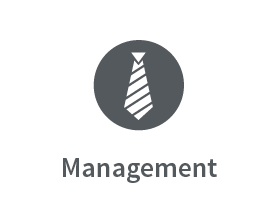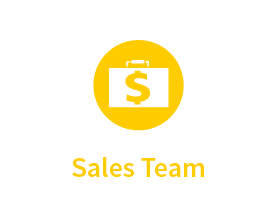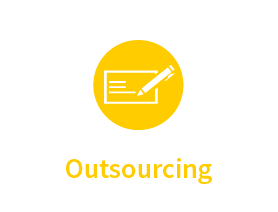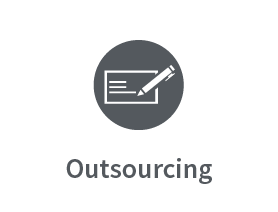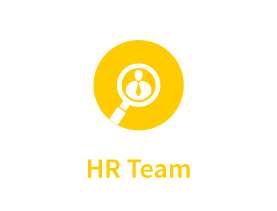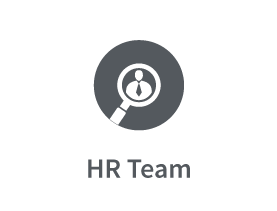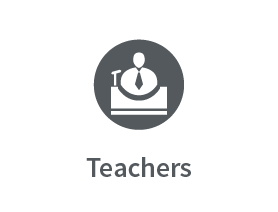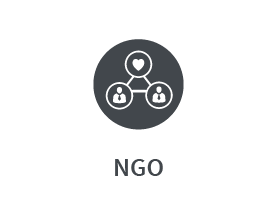Over the recent years, coaching has played an enormous role in the building and sustaining of great organizations and extraordinary workplaces.
As a personal development method, coaching perfectly fits today’s labour market demands, regardless of the economy sectors.
Fast technological, economic and social changes call for employees’ flexibility to quickly adapt to changing conditions while maintaining a high level of performance at work. Therefore, restoring self-confidence and self-trust among staff members is critical to meet organisational demands.
Coaching is perceived as a method of unblocking and maximising people’s potential. Through the process of coaching, the employees unlock latent sources, increase their productivity and effectiveness levels. At the same time, they deepen their learning and enhance the quality of life.
How does it work?
Coaching is conducted during a series of individual or group sessions which last approx. 60 minutes each. It is a thought- provoking process of inquiry and personal discovery that supports individuals to confidently pursue new ideas and alternative solutions.
Simply put, coaching takes the client from the point they are in to the place where they wish to me. On that journey, the coach accompanies the clients and encourages them to learn for themselves. As well as acquiring new job competencies, they gradually develop new and more effective learning skills, willing to draw conclusions from any experience encountered.
In addition, by providing structure, support and feedback, coaching helps clients both define and achieve professional and personal goals faster and with more ease than it would be possible otherwise.
Finally, coaching offers a good return on investment for companies. Staff members who underwent coaching are more productive, aware of their individual’s input to the whole company, and happier. In turn, happy employees stay in companies for longer and the retention rate stays high.


